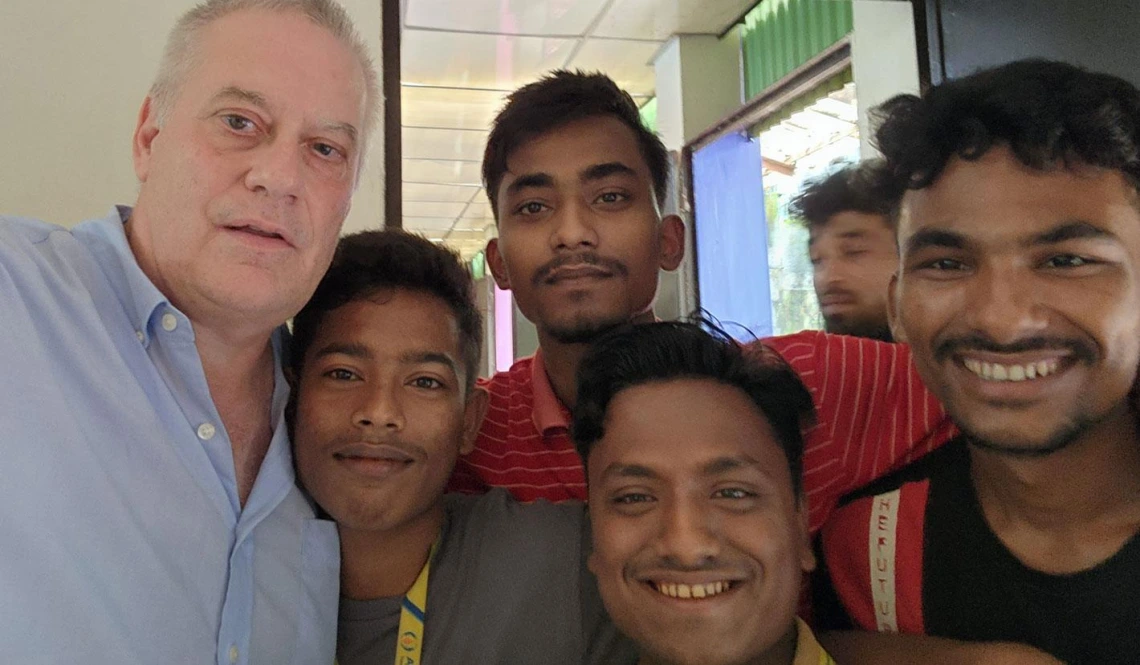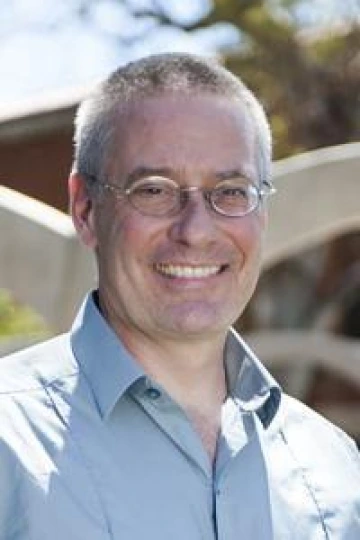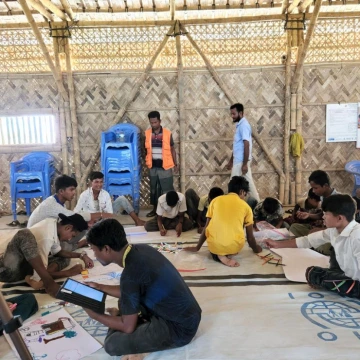
Thinking Bigger in the Online Learning Space
William Paul Simmons, Ph.D., is a professor of Gender & Women's Studies and the director of the online Human Rights Practice graduate program at the University of Arizona.
Simmons spearheaded the online Human Rights graduate program at the University of Arizona almost five years ago. During this time, Simmons discovered that students don’t have to learn in person in order to grasp what he taught – in fact, the online environment provided even more opportunities for creative teaching.
Simmons has practiced and taught human rights for more than 30 years. Simmons is constantly learning about how best to teach in an online environment, and improving his classes based on the latest research.
Throughout his career, Simmons has been refining problem-based learning pedagogy. This means that students work to solve an open-ended problem and the problem drives the motivation and learning.
LEARN MORE ABOUT THE MA IN HUMAN RIGHTS PROGRAM










